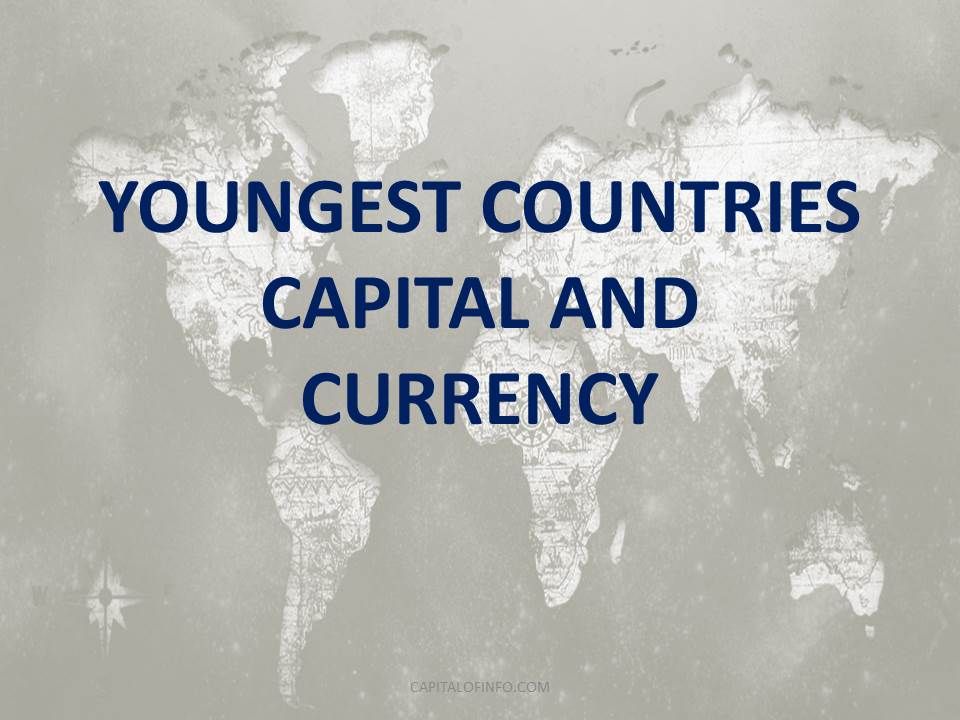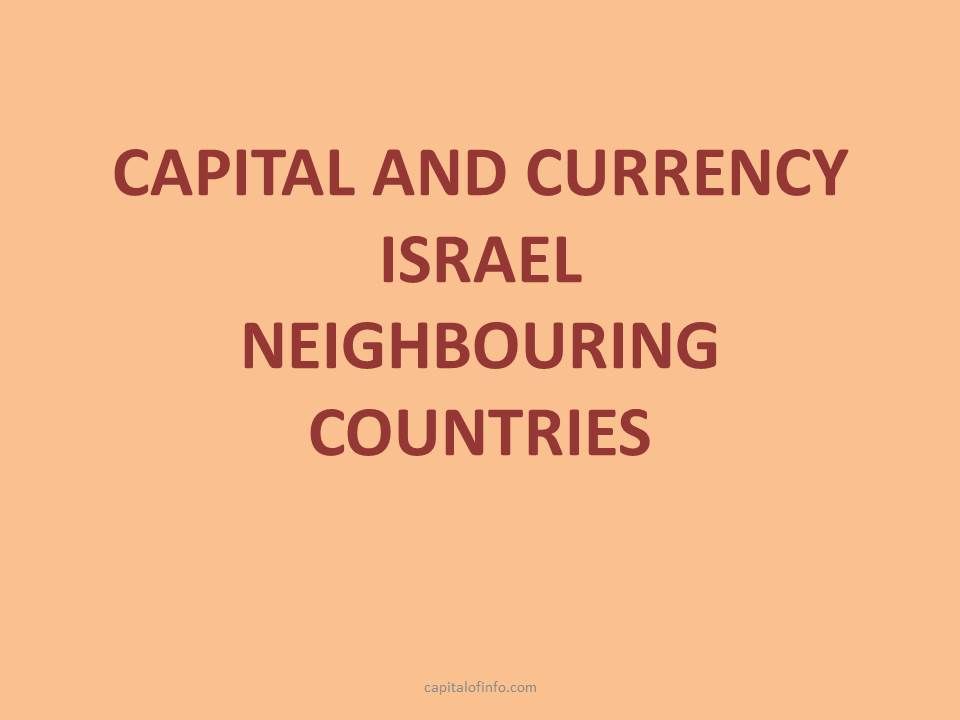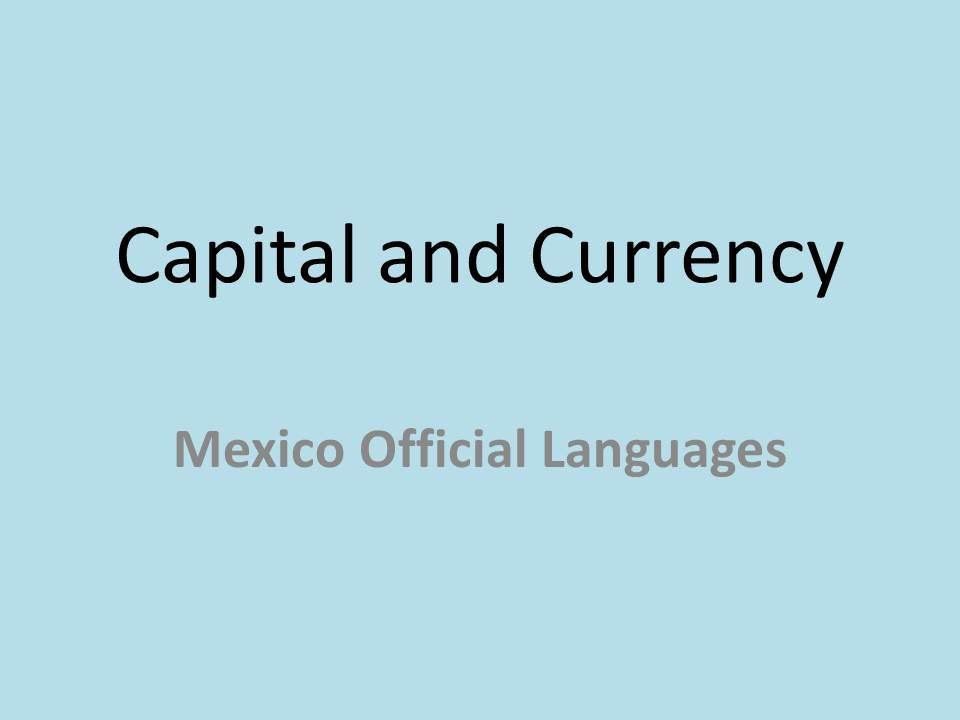Capital of Germany: Currency|Languages| History
Capital City of Germany
Do you want to know the capital of Germany? Yes, Berlin is the capital city of Germany and seat of the President of the country. Bonn was the capital of West Germany before the unification of two separate countries in 1990. This write-up tells you about the German capital city name, official languages, currency, and public holidays. We are sure the information is fulfilling your expectations.
The country is known as the Federal Republic of Germany after the reunification of FRG and GDR. The capital of Germany is also the largest and the most populated city in Germany. Other well-known places in Germany are Bonn, Frankfurt, Hamburg, and Munster. The city is made of a variety of landscapes like rivers, parks, canals, forests, and lakes.

Germany Capital and Currency
Find below short information on capital cities and the currency of Germany.
- Capital city – Berlin
- Currency – Euro since 2002
- Official language – German
German is also one of the official languages of the European Union. Foreign languages like Arabic, Polish, Russian, Balkan, And Turkish are also spoken in the country by the immigrants. Before the coming of the Euro, Deutsch Mark was the currency of West Germany and East Germany. There are no multiple official languages of Germany.
The capital of Germany before Berlin was Bonn as well as Berlin. Berlin was the capital of the Federal Republic of Germany or FRG. The capital of the German Democratic Republic or GDR was East Berlin. GDR was also known as East Germany, while FRG was known as West Germany. Bonn is the former capital of West Germany. Also, learn the capital of Switzerland and Spain on our website.
Shortest History of Germany
The country has an interesting history of political division and unification. You might get confused while looking for the history of Germany. Here we have stated the shortest history of Germany in sequence to understand it quickly.
- After 1815 – German Confederation was created by the Congress of Vienna. A Federal Assembly represented all the sovereigns of the German Lands. Frankfurt was the capital city for a brief period.
- Before 1871 – Germany was not a unified nation but ruled by Roman Emperors. Aachen, Frankfurt, and later Vienna became the seat of the government.
- 1871 – New unified German state was formed with Berlin as an official capital city.
- 1945 – Berlin was captured by the Allies in World War II and hence Flensburg served as the capital city of Germany for a short time.
- 1949 – The country was partitioned into West Germany and East Germany. The capital city of Berlin was also divided into East Berlin and West Berlin. East Berlin became the capital of East Germany and Bonn was the capital of West Germany.
- 1961 – Berlin wall was created to stop people going from East Germany to West Germany. This historic wall also symbolized cold war. The berlin wall was demolished on 9th November 1989. Fall of the Berlin Wall established Germany as a powerful European nation.
- 1990 – The country was reunified on 3rd October 1990 and enlarged to be known as the Federal Republic of Germany. Berlin became the official capital of Germany. The day is now celebrated as German Unity Day. But still many government officials of the country work in Bonn.
After reunification in 1990, the country is one of the most active members of the European Union.
Neighbouring Countries of Germany
Germany holds an important place in Europe. Germany has many neighbouring countries around it. Here is a list of these countries that share borders with the nation.
- Denmark
- Poland
- Czech Republich
- Switzerland
- Australia
- France
- Belgium
- Luxembourg
- Netherlands
Germany also shares sea borders with United Kingdom and Sweden.
Australia capital and currency
Public Holidays and Festivals in Germany
Germany observes several social, national, and religious public holidays. Here we have given a complete list of public holidays in Germany.
| Holiday | Date and Day |
| New Year Day | 1st January 2023, Sunday |
| Good Friday | 7th April 2023, Friday |
| Easter Sunday | 9th April 2023, Sunday |
| Easter Monday | 10th April 2023, Monday |
| Labour’s Day | 1st May 2023, Monday |
| Ascension Day | 18th May 2023, Thursday |
| Whit Monday | 29th May 2023, Monday |
| Corpus Christi | 8th June 2023, Thursday (only in Baden-Württemberg, Bavaria, Hesse, NorthRhine-Westphalia, Rhineland-Palatinate, Saarland, Saxony, Thuringia |
| Assumption Day | 15th August 2023, Tuesday (Bavaria and Saarland) |
| German Unity Day | 3rd October 2023, Tuesday |
| Day of Reformation | 31st October 2023, Tuesday (only in BB, HH, MV, NI, SH, SN, ST & TH) |
| All Saints Day | 1st November 2023, Wednesday (BW, BY, NW, RP & SL) |
| Christmas Day | 25th December 2023, Monday |
| 2nd Day of Christmas | 26th December 2023, Tuesday |
Capital of Germany and the entire nation have seen lots of political reshuffles in the past century. We would be familiarizing you with histories and facts of many other countries of Europe and Asia. Keep visiting capitalofinfo.com to know the capital cities, currency, languages, and public holidays of different countries of the world.










